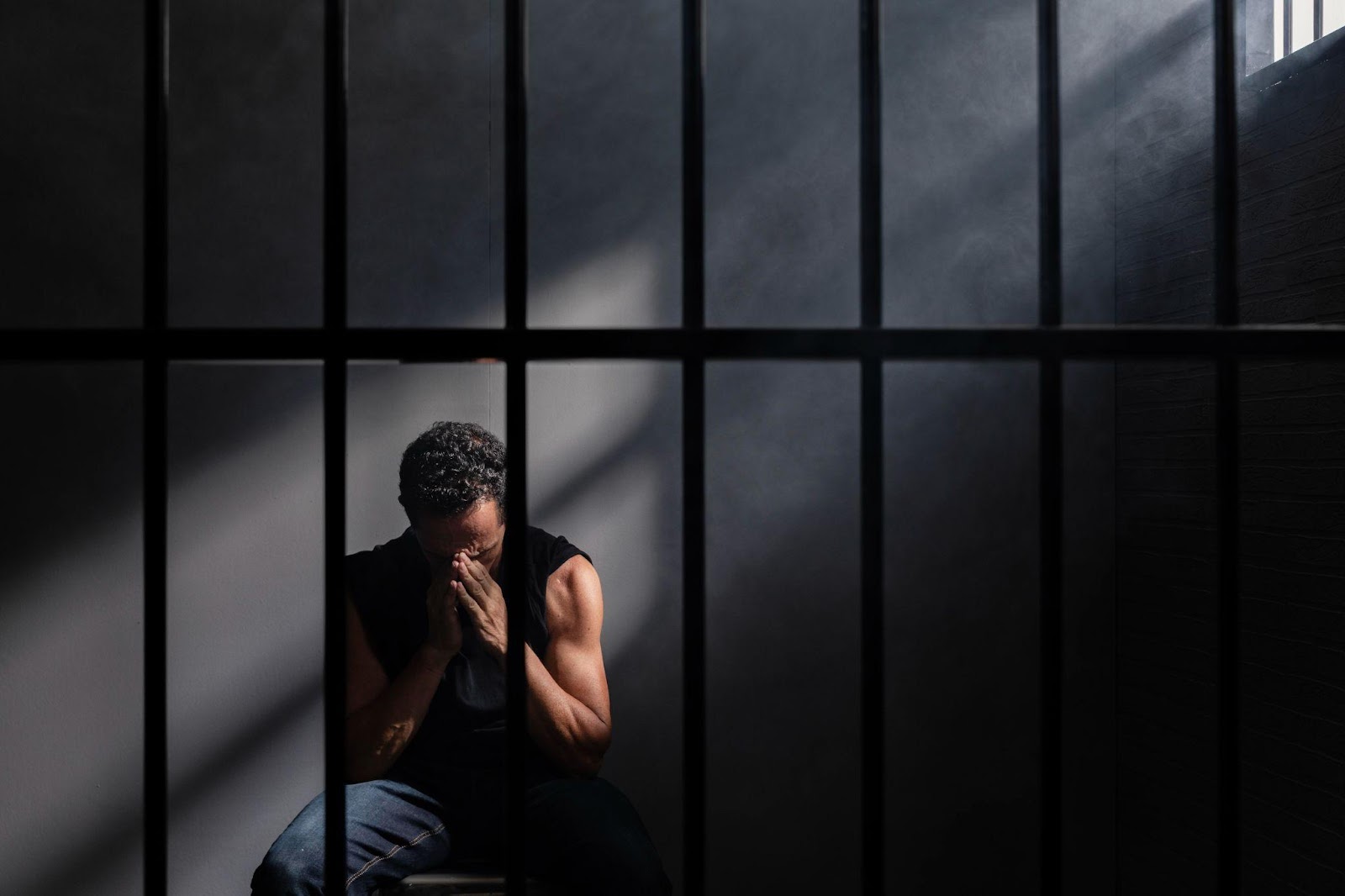
In a significant development for families seeking justice for their incarcerated loved ones, an Alabama judge has ruled that a lawsuit alleging illegal organ harvesting from deceased inmates can proceed against state entities.
The Case Moves Forward
Alabama Circuit Court Judge J.R. Gaines denied a motion to dismiss based on state immunity in a case that has sent shockwaves through Alabama’s corrections and medical systems. The lawsuit alleges that the Alabama Department of Corrections (ADOC) and the University of Alabama at Birmingham (UAB) engaged in the unauthorized harvesting of organs from deceased inmates without proper consent from next of kin.
“We are encouraged to see our legal system affirm that no one is above accountability,” said Lauren Faraino, attorney representing all eight families involved in the consolidated lawsuit.
“What our clients seek is recognition that harm occurred and a path forward rooted in responsibility and truth.”

Legal Arguments and Immunity Challenge
The defense attorneys had argued that both ADOC and UAB were protected by state immunity because they are state entities operating under an official contract.
However, Judge Gaines determined that immunity doesn’t apply if the actions violate the law or when officials act “willfully, maliciously, fraudulently, in bad faith, beyond their authority or under a mistaken interpretation of the law.”
The plaintiffs’ attorneys cited Alabama state law that explicitly prohibits medical examiners from keeping organs without consent from next of kin. They argued that the contract between the state institutions was itself illegal, regardless of its official nature.
Growing Pattern of Cases
This lawsuit represents what plaintiffs’ attorneys describe as a “pattern” of alleged misconduct.
Two additional families have filed separate lawsuits with similar allegations in Jefferson and Barbour counties, suggesting the practice may have been widespread.
A Family’s Tragedy
The human cost of these allegations is exemplified in the case of Kelvin Moore, who died in 2023 at Limestone Correctional Facility in northern Alabama.
After Moore’s body was returned to his family without organs, they drove four hours to UAB to retrieve what they were told were their brother’s remains – a sealed red bag that they later buried along with his body.
“You’re robbing the deceased. We’re responsible for laying them to rest. We probably can never lay Kelvin to rest now,” said Kelvin Moore’s brother, Simone Moore.
Financial Incentives and Research Value
Court evidence revealed concerning financial connections. Between 2006 and 2015, UAB’s Division of Autopsy reportedly received 23% of their yearly income from Department of Corrections autopsies and an additional 29% from the state’s department of forensic sciences.
More troublingly, evidence suggests inmates’ organs were valued specifically because their medical conditions had often progressed to advanced stages due to inadequate prison healthcare.
Former medical students noted in evidence that “it is easier to study a 3 cm tumor than a 3 mm one,” and reported that approximately one-third of samples in the lung study lab came from deceased inmates.

Legal Implications
The ruling on the statute of limitations could prove particularly significant. Judge Gaines determined that time limitations don’t apply for inmates who died more than two years ago if defendants attempted to fraudulently conceal the alleged practices.
Attorney Michael Strickland highlighted the unusual position of state authorities in this case, noting in February: “If this was occurring at a local hospital, if this was occurring at a local funeral home, the AG’s office would be investigating it, not using their lawyers to defend it.”
Looking Forward
As this case proceeds through the Alabama court system, it raises critical questions about consent, dignity in death, and the rights of incarcerated individuals and their families.
For those affected, like the Moore family, the legal proceedings represent a chance for transparency and accountability in a system they believe failed their loved ones twice – both in life and in death.
Need Guidance on Alabama Wrongful Death Claims?
If you have questions about wrongful death claims or legal matters related to the treatment of incarcerated individuals in Alabama, the experienced attorneys at Baxley Maniscalco are available to provide guidance and representation.
Our team has decades of combined experience handling complex personal injury cases and fighting for justice on behalf of Alabama families.
Schedule a consultation today or call us at (256) 770-7232 to discuss your situation with our knowledgeable legal team.
Can't find what you're looking for? Search our site below.










